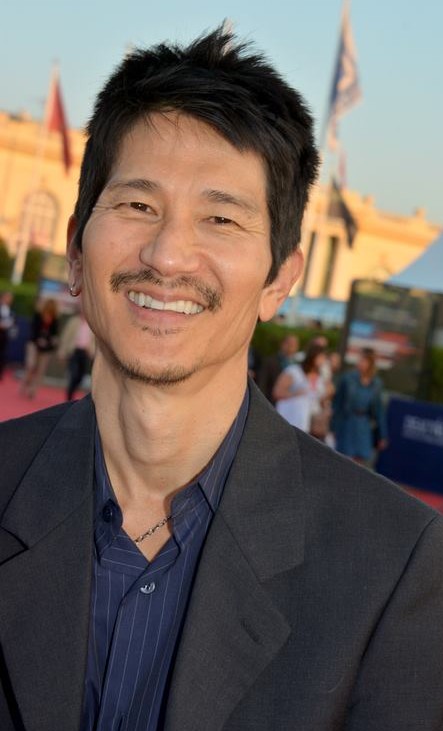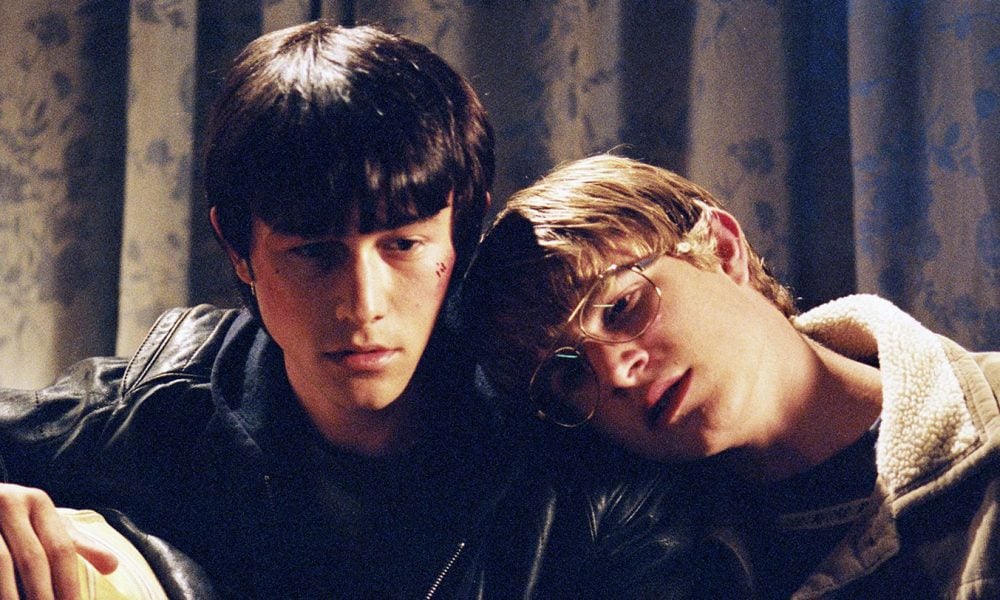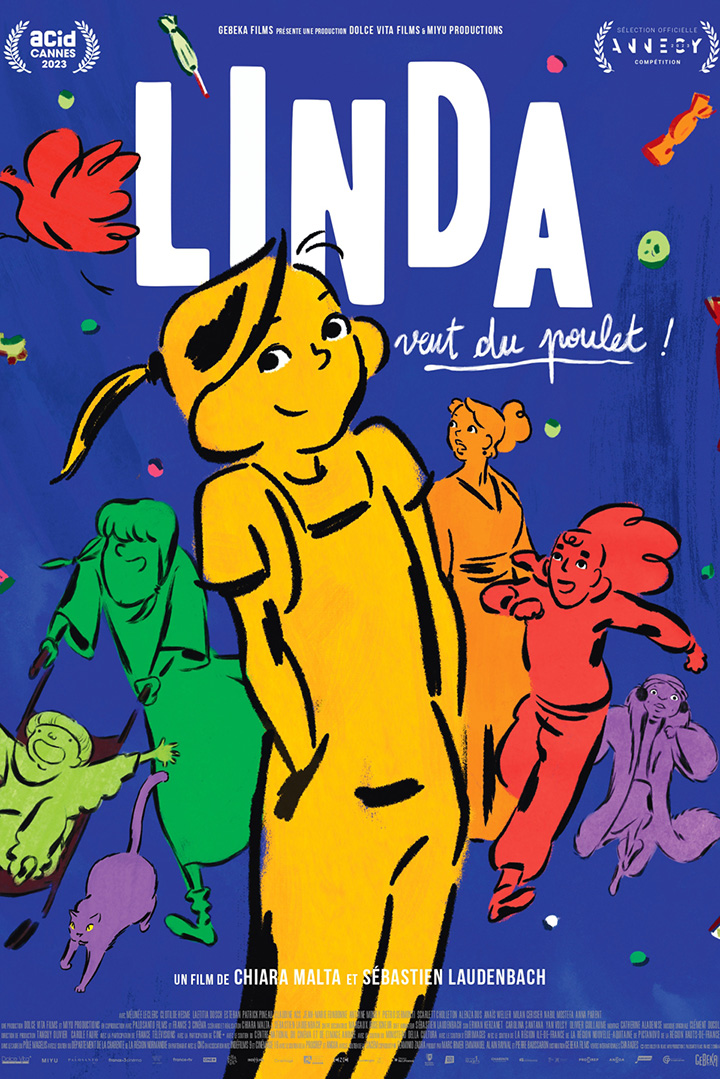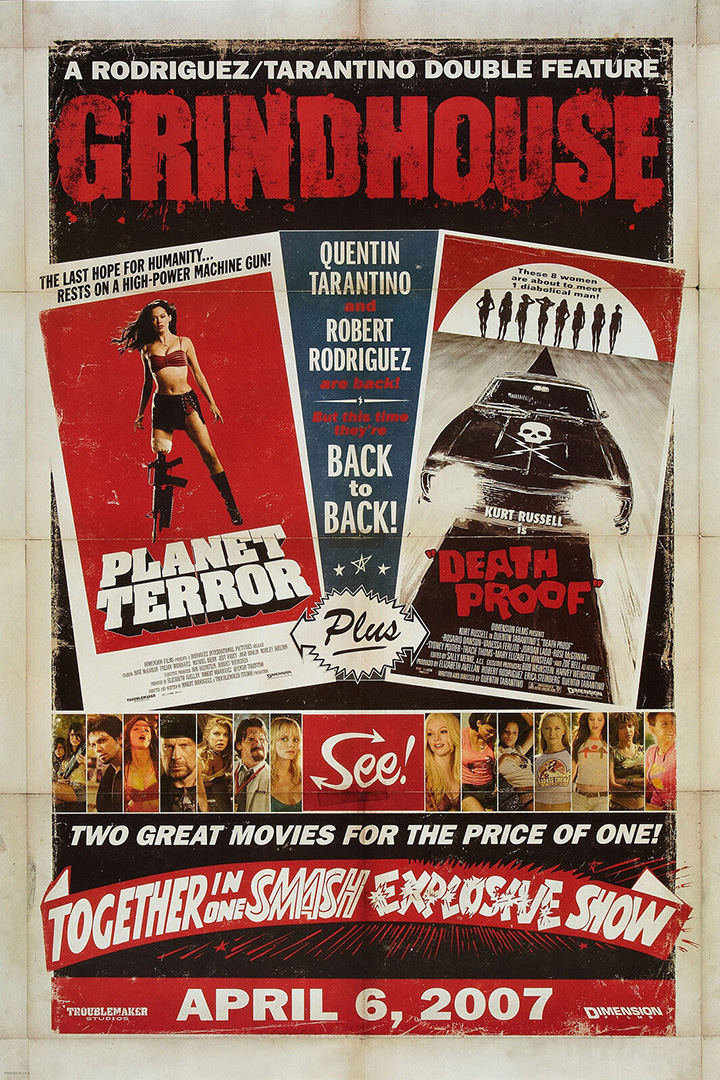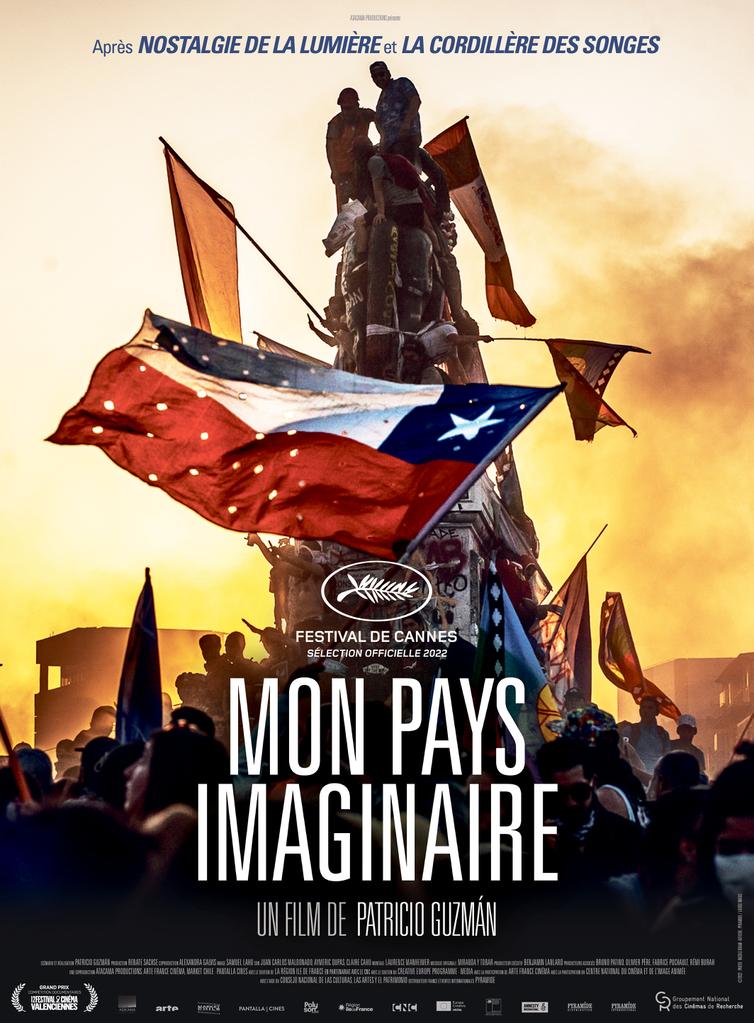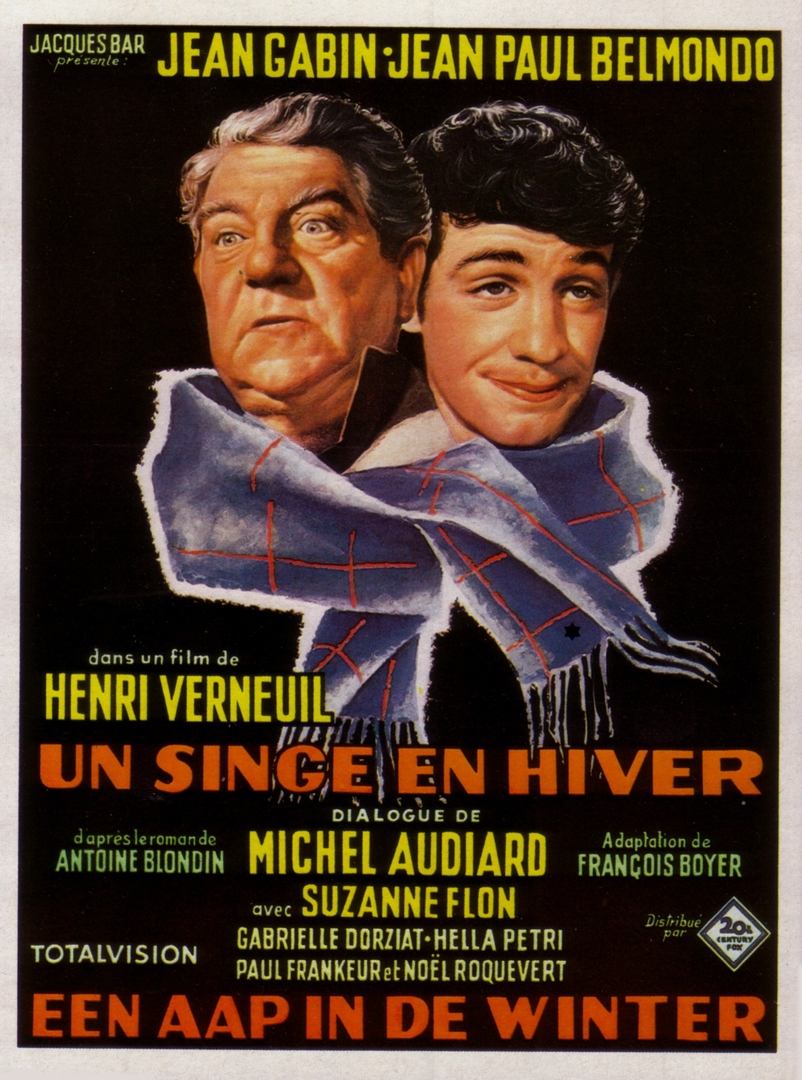Mysterious Skin
If certain decades of American cinema are immediately identifiable, this is not quite the case for the 1990s and early 2000s, which form a sort of continuum of films straddling two centuries. It is as if the idea of a new era was an occasion for the American cinema to search for and reinvent itself, between the blockbuster era of the 1990s and the digital revolution that began in the 2000s. While some big names prove that they have not said their last word (David Lynch, Martin Scorsese, Terrence Malick), young filmmakers begin their career (Quentin Tarantino, Michel Gondry, Gus Van Sant), confirm their talent (Todd Haynes, Gregg Araki, Steven Soderbergh) or make the highlight of their filmography before disappearing (Tony Kaye, Lodge Kerrigan). Still, there is an undeniable pleasure in revisiting some of the major works of this moment, oscillating between new imaginations, a taste for quotes and the reappropriation of some cinematic styles.
In a small American town, Neil lives a difficult and dangerous life. Desired and despised at the same time, he prostitutes himself with older men, while dreaming of leaving town. He decides to leave for New York with his best friend Wendy, thinking to leave everything behind. But his past is linked to that of another boy in town, who will come to haunt him in search of answers.
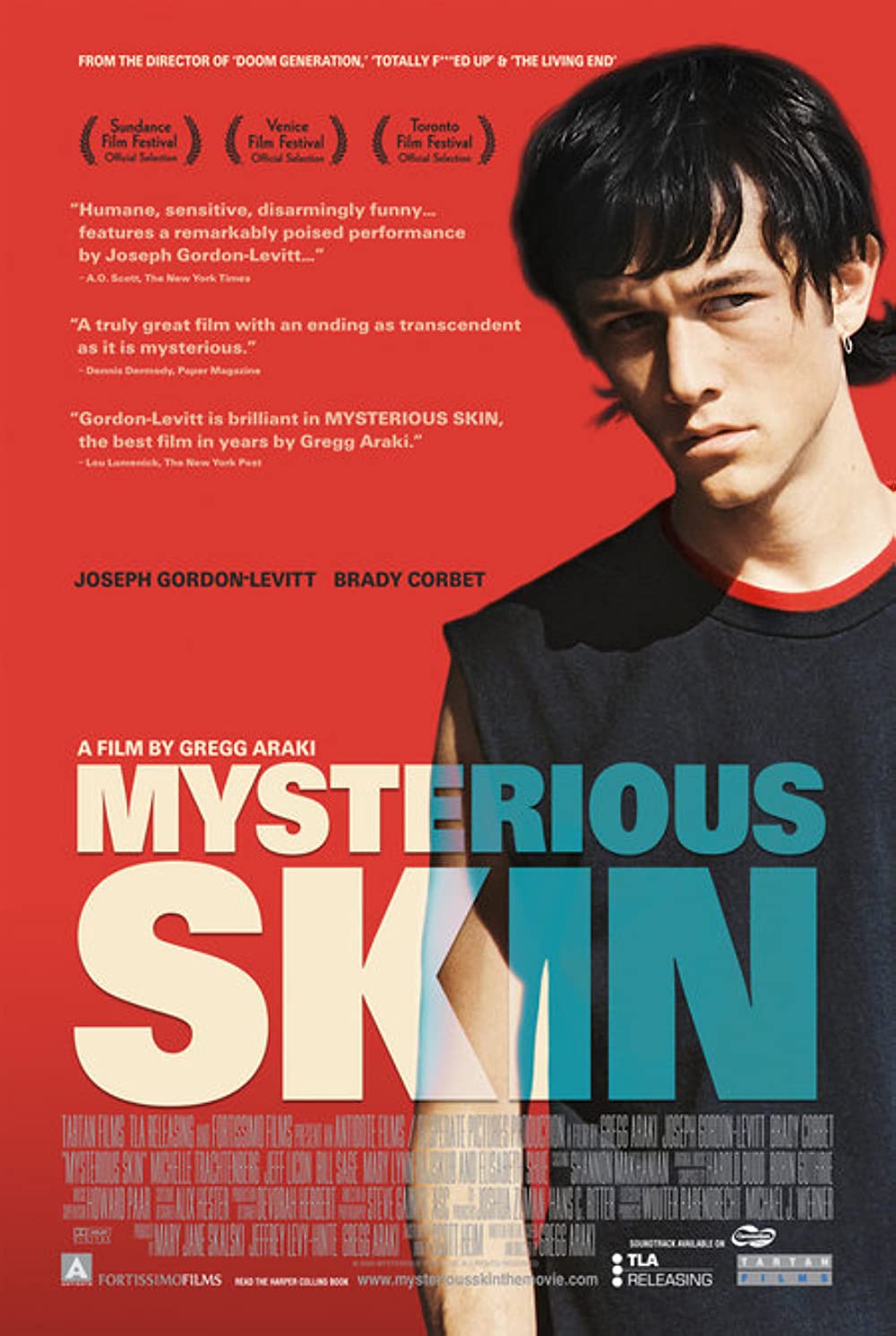
Gregg Araki
Gregg Araki is an American director, screenwriter, editor, film producer and cinematographer. He directed his first feature film in 1987, Three Bewildered People in the Night. This film, with a budget of $5,000, tells the story of the relationship between a video artist, his fiancée and his gay friend. It won him three awards at the Locarno International Film Festival. The films Totally Fed Up, The Doom Generation and Nowhere form the Teenage Apocalypse Trilogy. They portray a youth between rage and nihilism with unbridled sexuality. After the romantic comedy Splendor , Araki directed Mysterious Skin, based on the eponymous novel by Scott Heim. In 2010, Kaboom was presented at the Cannes Film Festival, where it won the first Queer Palm. In 2019, Gregg Araki creates, with Karley Sciortino, the series Apocalypse Now, with Avan Jogia.
